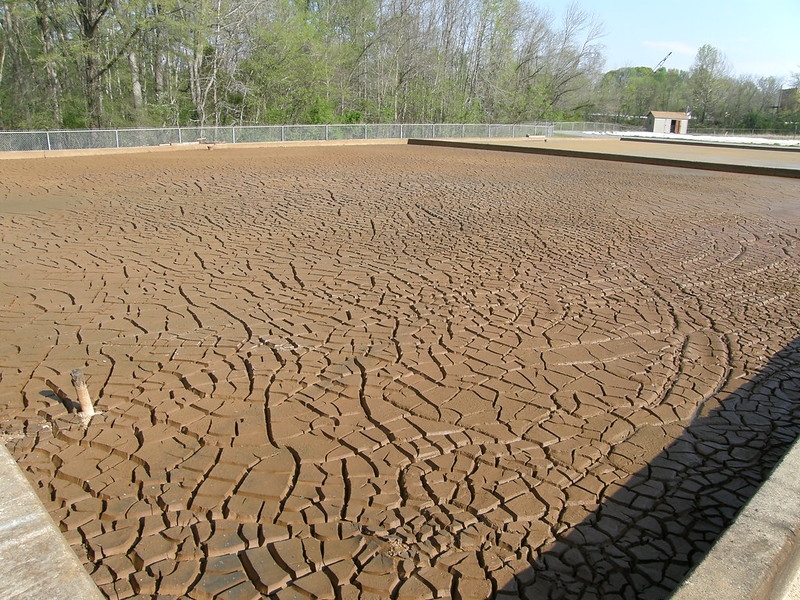Comments
- No comments found

Managing sludge is crucial for industries that generate wastewater.
Dealing with and getting rid of sludge can be costly and time-consuming. However, there's a solution to this issue: the process of sludge drying. In this article, we'll delve into the advantages of sludge drying, particularly focusing on how it aids in reducing waste volume and improving efficiency across sectors.
The sludge drying process proves to be a technique for cutting down on the volume of by-products from wastewater treatment. Traditionally, sludge is sent to landfills and then burned, which adds significant costs for operations and transportation. Through the drying process, wastewater treatment plants can notably reduce the amount of sludge generated.
Eliminating moisture from the sludge makes it more compact and easier to manage. The reduction in waste volume enables transportation and disposal methods, leading to cost savings for industries handling large quantities of sludge.
Conventional methods of disposing of sludge often come with implications. Landfills can result in groundwater contamination, while incineration releases gases into the air. These practices may also pose risks to communities. Sludge drying presents an option for getting rid of by-products from wastewater treatment.
Drying reduces the amount of waste, decreasing the need for landfill space or incineration. Due to its content, dried sludge can serve as a soil enhancer or fertilizer in some instances.
Energy efficiency is a benefit of sludge drying compared to other treatment methods. Wastewater treatment plants typically consume amounts of energy during biological and physical treatment processes.
Implementing a sludge drying system effectively recovers thermal energy within the plant's operations. This recovered energy can then power the heating elements required for the drying process, creating a self-sustaining cycle.
Sludge drying offers industries dealing with sludge management a forward-thinking solution. With regulations and an increasing focus on sustainability, businesses need to adapt to new standards.
The ability to dry sludge provides flexibility to wastewater treatment plants and industrial facilities. This flexibility enables them to meet evolving requirements while maintaining optimized wastewater treatment procedures.
Resource recovery is enhanced through sludge drying in wastewater treatment. The dried sludge contains nutrients and valuable organic material that can be beneficially utilized in applications.
The nutrient-rich content found in dried sludge is highly beneficial. When industries utilize dried sludge as a fertilizer or soil enhancer, they can effectively manage resources and decrease their dependence on chemical and nitrogen fertilizers.
Enhancing product quality and value is an advantage of sludge drying in wastewater treatment processes. By removing moisture from the sludge, it transforms into a material of superior quality that can be further processed into valuable by-products.
For example, dried sludge can serve as a material for digestion, where it breaks down to produce biogas—a renewable energy source. This biogas can be harnessed for electricity generation and used as a heat source on site, promoting sustainability and reducing reliance on fuels.
Moreover, with its reduced moisture levels and enhanced stability, dried sludge has applications in industries like cement manufacturing or incorporation into construction materials. This not only enhances the products but also reduces waste production and supports circular economy principles.
In summary, the process of drying sludge offers advantages for industries aiming for effective wastewater treatment and eco-friendly practices. By minimizing the amount of waste produced, finding ways to dispose of it using energy efficiently, being more flexible in operations, and recovering resources effectively, individuals in various industries can save money significantly while also reducing their impact on the environment. When companies implement systems for drying sludge, they not only boost efficiency but also show a dedication to eco-friendly practices. As these advantages gain recognition, more industries will likely be inspired to adopt this method for managing sludge. Let's embrace the benefits of sludge drying and collaborate towards a friendly future!
Leave your comments
Post comment as a guest